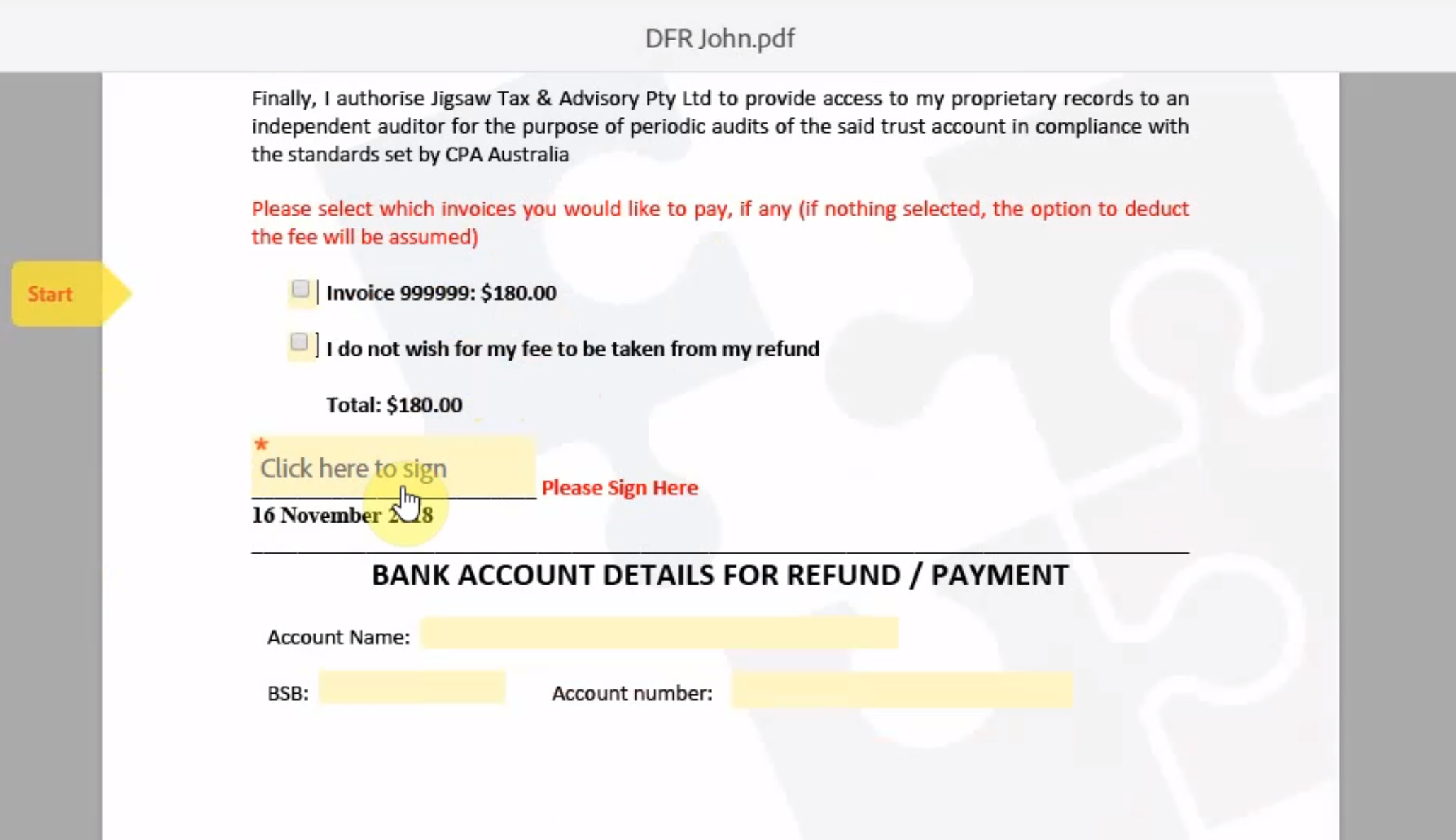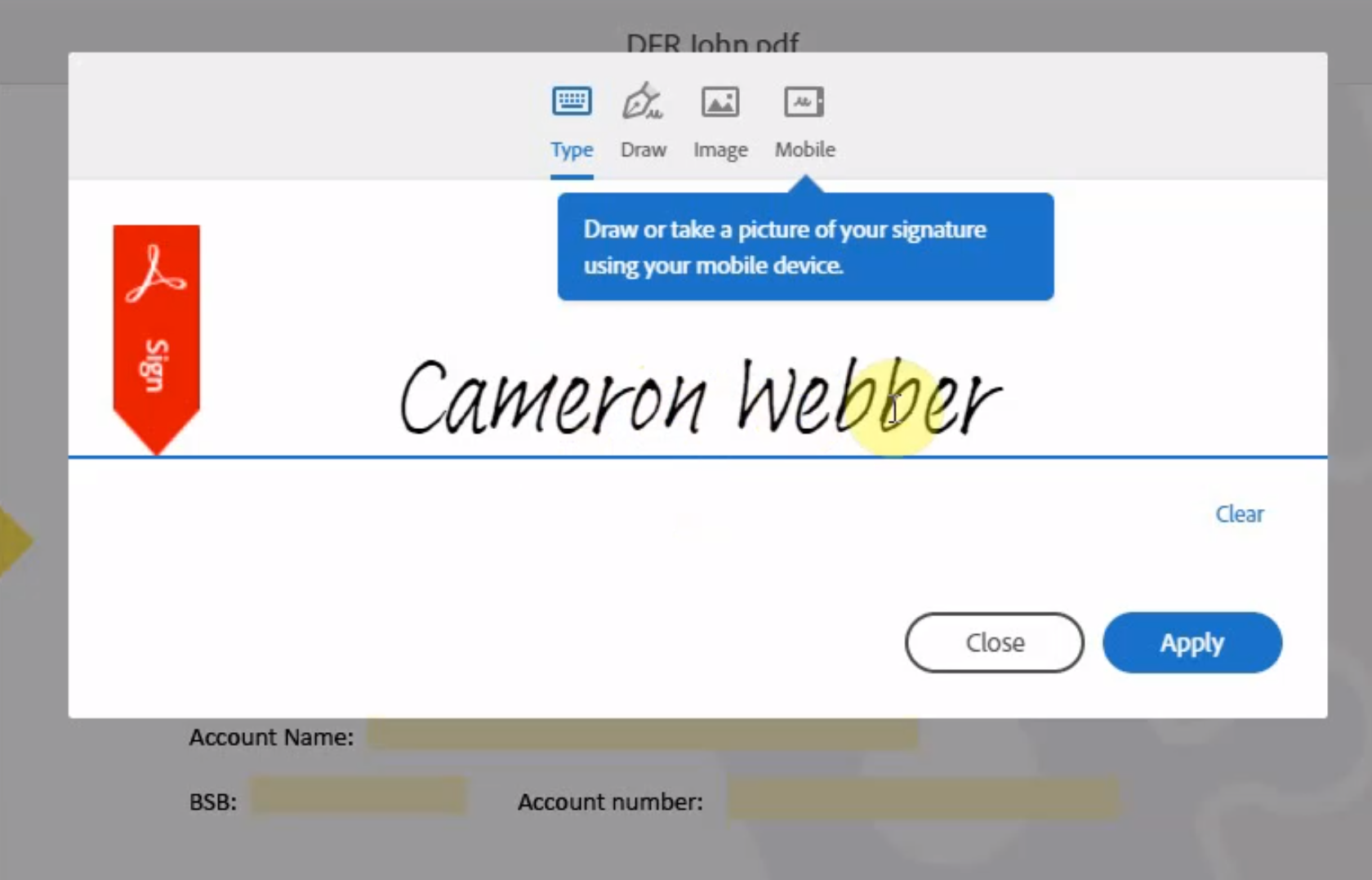Many businesses continue to pay their staff cash wages for a variety of reasons – but what’s in it for you – the employer?

Advantages of paying your staff with cash wages
When reviewing wage expenses, and we identify cash wages, we hear all sorts of excuses – some potentially valid and some purely to minimise employer obligations:
- “It’s easier to calculate an hourly rate, and not worry about tax and everything else” – a common issue is that employers are saddled with burdensome regulations: PAYG/W, Superannuation, Workers Compensation, cash flow on withholding tax etc. and so paying staff out of the till is seen as an easy alternative
- “Super is too much of a hassle” – like a lot of things in running a business, Superannuation can be a hassle – especially when each staff member had their own superannuation fund
- “I don’t believe in/want to pay super” – this one is quite common but is a legal employer obligation. Superannuation and PAYG/W are the 2 areas where all directors are jointly and personally liable, even in insolvency. Read that bit again, if you enjoy owning your home!
- “It’s how everyone in the industry gets paid” – while common a decade ago, young workers these days need to show regular income and payslips to be able to apply for credit cards, car loans and home loans. Not many industries use cash payments, and ATO compliance activities in those industries is shrinking the amount of cash wages.
- “My staff want me to pay them cash” – we don’t know the situation of our staff’s personal lives. There could be various reasons staff would request cash: divorce/child care payments, claiming Centrelink or pension cards, underpaying tax. Do you want to be involved in that, and if you have knowledge – are you being complicit in the defrauding in Centrelink were to question it?
- “Keeps my workers comp down” – while you can’t argue with that, what happens when that staff member is injured at work and makes a long-term claim?
There is never a good reason to pay cash – as the disadvantages ALWAYS outweigh the advantages
Disadvantages of paying your staff with cash wages
These stories are based on experience working with clients and also as an auditor in the ATO.
- No deduction available for cash wages: “Employer paid staff cash for over 10 years, mostly non-residents (Backpackers as labourers); ATO audit deemed that no deduction was allowed as no paper work was provided, and non-residents had left country” – the individual sole trader was left with a $650,000 tax debt and an overall debt of over $900,000 after penalties and interest, as they could not satisfy record keeping requirements and therefore could not claim any deduction for wages (50% of his total costs). Period of review limitation of 2 or 4 years does not apply for cases of Fraud or Evasion – in this case as there was clearly an evasion of tax, ATO had unlimited period of review. Remember that for every $1 of cash wages you pay, you are the one losing deduction, not the employee.
- PAYG Withholding grossed up: “Employer and employee agree to $700 cash per week; ATO audit deemed the $700 as a cash component of a gross wage and assessed the client on an additional $200 PAYG/W and 9% superannuation on $900/week” – the employer and employee were together in agreement that they would be satisified with $700 per week, to include their wage and superannuation. During a regular ATO review, the cash wages were identified (even though no tax deduction was claimed) and a subsequent audit ensued. The client was reviewed over 2 years with the advised outcome and was required to amend 8 x BAS with a 25% penalty and 8 x Quarterly Superannuation Guarantee Charge statements with penalties, interest and no deduction allowed.
- Superannuation claimed twice by employee: “Employer and employee agreed to pay the superannuation as cash bonus, rather than to Superannuation Fund; after 5 years of working together, employee was dismissed; employee ‘dobbed-in’ employer for non-payment of superannuation guarantee” – in this case, both the employer and employee were in agreement about the superannuation component; but after being dismissed, the aggrieved ex-employee called the ATO and advised that there was a non-payment of superannuation. As all employer obligation breaches MUST be reviewed by the ATO, eventually the ATO caught up with the employer some 2-3 years after the employee left and was required to lodge Superannuation Guarantee Charge Statements with interest, penalties and no deduction.
These stories aren’t particularly uncommon and with ATO deploying specialist teams into cash economy businesses (cafes, primary production, transport etc.), there is little upside for employers to pay wages in cash. All risk is borne by employers, while the employee potentially obtains benefits from Centrelink, overall tax debt, HECS repayment relief etc.
What can I do?
In some industries and personal employment agreements, cash remuneration is deeply entrenched such as tips, cash/meals for overtime, etc. to staff fully employed on cash wages. The first thing is to tell yourself as an employer – enough is enough and there will be no more cash wages. The risk of potential liability (remember, that as a director you’re personally liable for superannuation and PAYG/W of your staff, even if the company is liquidated, with no period of review time limit) should be enough for most. The advantage of obtaining additional deductions should help the financial situation.
The next steps will depend on your business but will involve:
- Understanding the award for employees. While you may have the best intentions and paying staff over the minimum wages, various Modern Award require allowances and loading that are complex meaning you may be underpaying or overpaying your staff. E.g. Did you know the Modern Award “General Retail Industry Award MA000004” requires a $1.25 for every shift worked; but does not form part of your Superannuation Guarantee obligation?
- Staff education. If staff are resistant and are willing to subvert federal tax laws, maybe they shouldn’t be handling your stock and cash?
- Invest in a good accounting system. Most accounting software packages receive regular updates, including the latest PAYG/W tax tables, integrate into you online bank to allow you to process wages quickly and securely and streamline superannuation with only a few clicks. Apps and advanced integrations allow for modern award updates, self-service kiosks, rostering and timesheets, SMS staff about next shift, and the ability to plan and budget ahead.
- Have a skilled book-keeper assist you with regular payroll processing
- Talk with an employment relations expert, to create contracts, policies and ensure you’re FairWork compliant
As a business owner, you are responsible for all Employer Obligations – and with more data matching becoming available to the ATO, Centrelink, Dept of Immigration and Citizenship, Workers Compensation, banking institutions, superfund reporting – you can’t afford to be paying cash wages any more.
For more information, check out:
http://www.fairwork.gov.au/pay/paying-wages
https://www.ato.gov.au/Business/Your-workers/In-detail/Employer-obligati…
http://keypay.com.au/quickbooks/
https://www.xero.com/au/accounting-software/payroll/
https://tailoredaccounts.com.au/
http://employsure.com.au/






